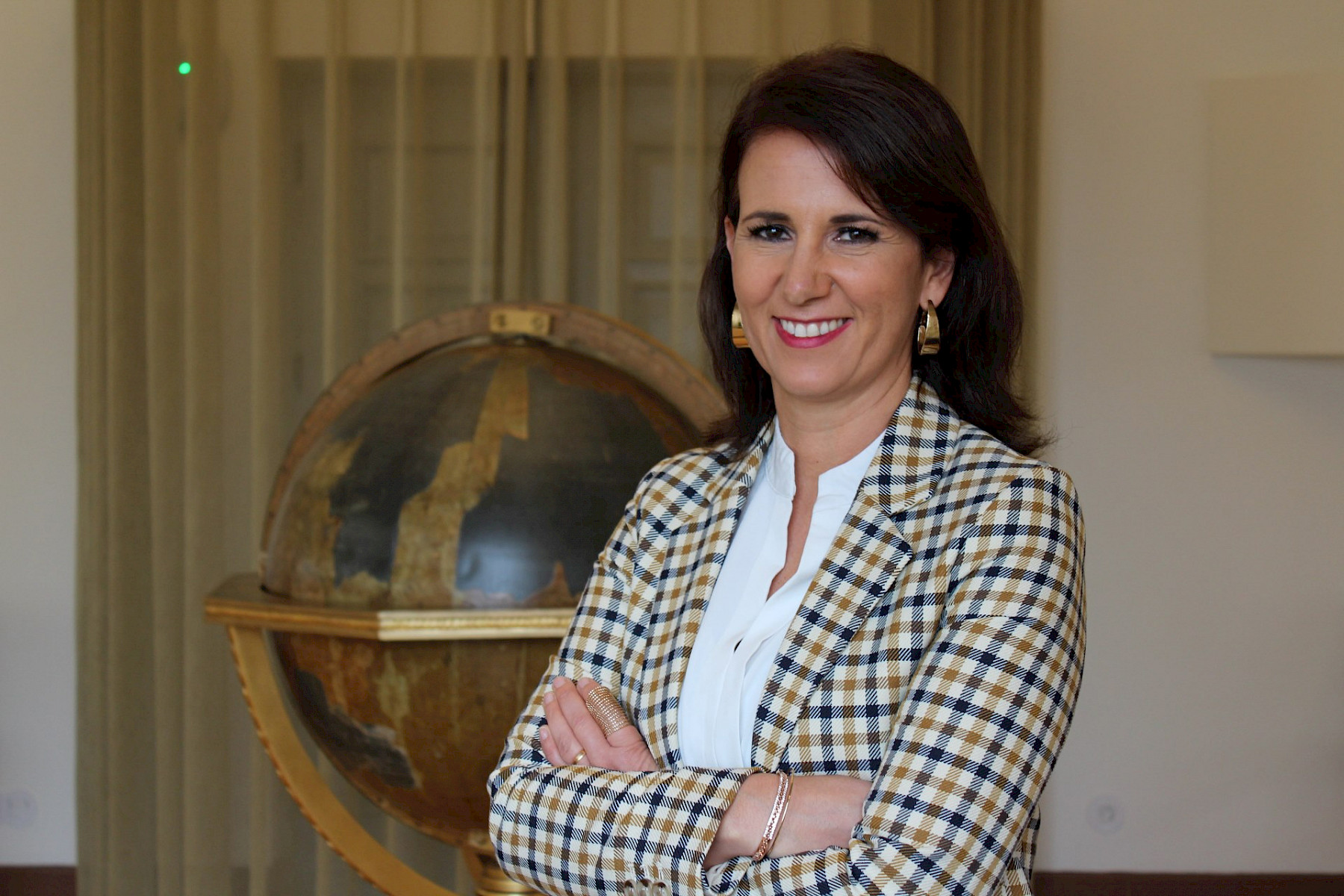Study coordinated by the UC proposes best practices for the sustainability of tourism in the aftermath of the pandemic
The scientific paper was published in the journal "Sustainability".
English version: Diana Taborda
“Tourism Sustainability and COVID-19 Pandemic: Is There a Positive Side?” is the title of the scientific paper published in the journal Sustainability, and the result of a study coordinated by Cláudia Seabra, professor at the Faculty of Arts and Humanities of the University of Coimbra (FLUC) and researcher at the Centre of Studies on Geography and Spatial Planning (CEGOT).
The study gathered and analysed several scientific contributions on the abrupt halt of the tourism industry due to the COVID-19 pandemic, and the potential of this interruption to rethink tourism strategies, identifying a set of good practices that may contribute to the financial, social and environmental sustainability of tourism.
On the relevance of addressing the issue of tourism in the post-pandemic, the researcher from the University of Coimbra (UC) explains that "the exponential growth in demand is not being followed by the full recovery of supply, creating management problems, overload, lack of staff, airport congestion, among others. In addition to these problems, there is still the pre-existing overtourism, the environmental impact of aviation, as well as the unbalanced relationship between tourists and residents. It is also necessary to "deal with health and environmental challenges and create a climate change neutral world in the post-pandemic era, which are also major challenges to boost the tourism industry", she adds.
Some of the examples of good practices identified in this study are: listening to the customers' new concerns; providing personalised travel services; encouraging innovation and creativity in tourism services; and promoting and maintaining travel bubbles (which translates into the existence of circulation corridors that allow cooperation between regions and countries); among others.
Cláudia Seabra hopes that the results of this study may help to ensure that post-pandemic tourism is not only "a temporary relief of pre-existing unsustainable practices". She hopes that significant and sustained strategies will be developed, based on the contributions that have been outlined by the scientific community.
The scientific article is available here.

